Episodes
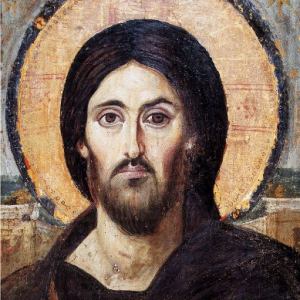
Tuesday Sep 11, 2018
"The Splendor of Truth" Twenty-Five Years Later (Part 1) with Dr. Jeremy Holmes
Tuesday Sep 11, 2018
Tuesday Sep 11, 2018
As George Weigel’s biography of St. John Paul II makes clear, even as a young man, Karol Wojtyła had a passionate concern for truth. In his theological and philosophical studies, the question “What is truth?” was utmost in his mind along with the question of how to communicate the truth to others. And truth became a theme of his pontificate.
Twenty-five years ago last month on August 6, 1993, the Feast of the Transfiguration, John Paul promulgated the encyclical Veritatis Splendor, The Splendor of Truth. What he had to say needed to be heard twenty-five years ago and needs to be heard with even greater urgency today.
In this week’s podcast, part one of a two part series, Dr. Jeremy Holmes explains the need for the encyclical, the argument St. John Paul made, and some of the errors he addressed.
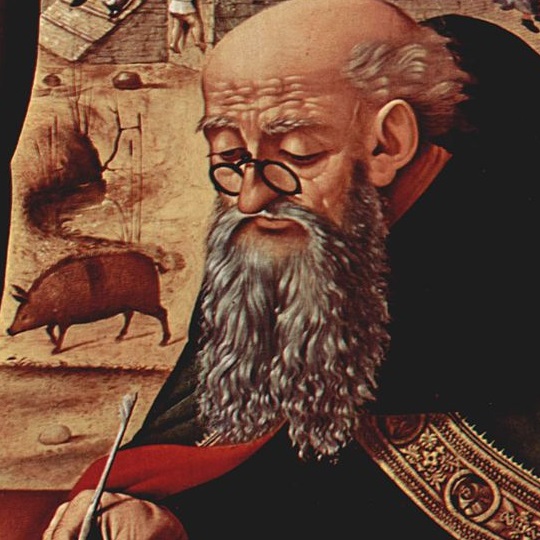
Tuesday Aug 28, 2018
Lecture - St. Antony and Purifying Courage by Prof. Kyle Washut
Tuesday Aug 28, 2018
Tuesday Aug 28, 2018
For Achilles, Hector who killed Patroclus was the great enemy. For Antigone, it was Creon the tyrant. For Aristotle, it was those attacking the city. Each case called for courage. But in the Christian era, something changed.
When Christians in the fourth century thought of courage, St. Antony came to mind. He led no army, fomented no rebellion against human tyrants, and did not defend any city. Instead Antony was a paragon of the courage it takes to battle the world, the devil, and the flesh, that is, our inner self, our sin nature.
At the Wyoming School of Catholic Thought, Prof. Kyle Washut lectured on St. Athanasius’ masterful “Life of Antony.” Here are his comments on that life and this new way of understanding courage.
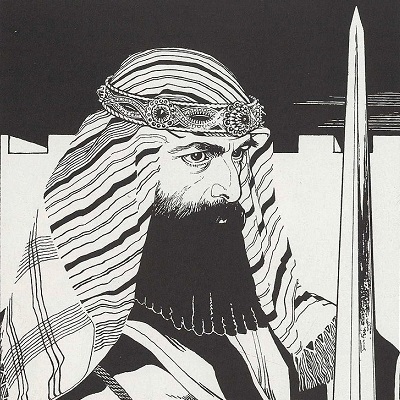
Tuesday Aug 07, 2018
Tuesday Aug 07, 2018
“Have I not commanded you?” God said to Joshua, “Be strong and of good courage; be not frightened, neither be dismayed; for the Lord your God is with you wherever you go.”
The Bible, to no one’s surprise, is filled with examples of courage. Moses stood up to Pharaoh, David ran to battle Goliath with nothing but a sling and a few stones, Elijah called out King Ahab, Peter stood up to the Sanhedrin and eventually the Roman authorities who put him to death. G. K. Chesterton, commenting on Jesus praying in the Garden of Gethsemane said, “Alone of all creeds, Christianity has added courage to the virtues of the Creator.”
At the Wyoming School of Catholic Thought in June, Dr. Jim Tonkowich spoke about the meaning of courage in the Bible, focusing on the Old Testament story of Joshua.
Here are his remarks in their entirety.
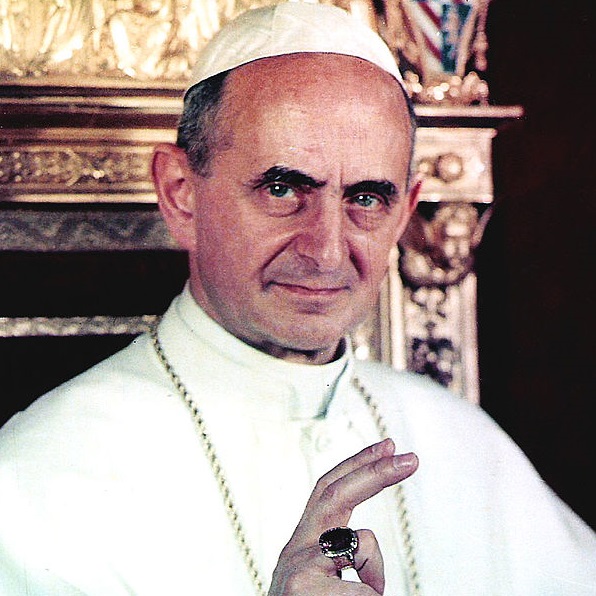
Tuesday Jul 31, 2018
Tuesday Jul 31, 2018
For most American Christians, contraception is simply a part of life requiring no more thought than whether to eat lunch or bathe regularly. It’s just done. What most don’t know is that for more than 1900 years, every Christian church taught that artificial contraception was a grave sin.
That changed in 1930 when the Anglican Communion ruled that contraception by married couples in certain limited circumstances was permissible. In 1931, the Federal Council of Churches—precursor to the National Council of Churches—followed suit.
Thirty-seven years later, on July 25, 1968, fifty years ago, Blessed Paul VI promulgated his encyclical Humanae Vitae, restating what Christians had believed for nearly two millennia. His rejection of artificial birth control was met with shock “Where did the pope get these ideas?” with anger “How dare he?” and with dissent that fifty years later continues to plague the Church and the world. Today, Humanae Vitae continues to be an encyclical that is as vilified and unheeded as it is unread.
Wyoming Catholic College theologians, Dr. Kent Lasnoski and Dr. Jeremy Holmes discuss what Paul VI actually said and why it matters this week on The After Dinner Scholar.
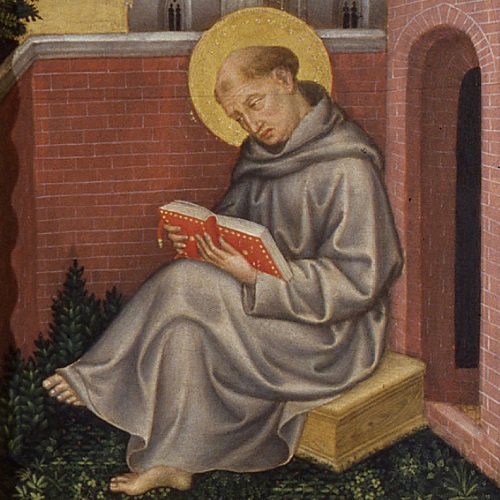
Tuesday Jul 10, 2018
St. Thomas Aquinas and the Emotion of Courage with Dr. Stanley Grove
Tuesday Jul 10, 2018
Tuesday Jul 10, 2018
According to St. Thomas Aquinas, courage is an emotion before it’s a virtue. It’s something that arises in us naturally when we are faced by something we perceive as evil.
At the Wyoming School of Catholic Thought, we discussed St. Thomas’s understanding of the emotion or passion of courage with the help of Dr. Stanley Grove.
Dr. Grove pointed out that the passions are buried deep down in Thomas’s understanding of human nature. Through our rational nature, we take the world in with our intellect and reach out to the world with our will.
We sense the world through the animal aspect of our nature, that is the part we share with other animals who, while they are not in the image of God, also have bodies and live in the physical world. This includes our senses and our emotions or passions.
Dr. Grove is our guest for this After Dinner Scholar.
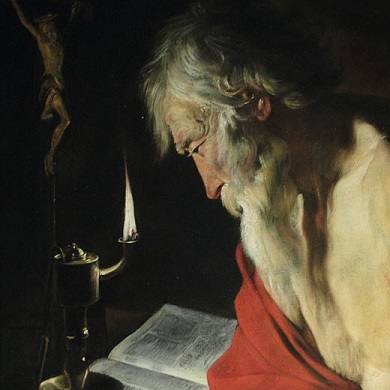
Tuesday May 08, 2018
Reading and Believing: De Verbum with Prof. Kyle Washut
Tuesday May 08, 2018
Tuesday May 08, 2018
In the second century AD, St. Irenaeus wrote, “We have known the method of our salvation by no other means than those by whom the gospel came to us; which gospel they truly preached; but afterward, by the will of God, they delivered to us in the Scriptures, to be for the future the foundation and pillar of our faith.”
Of course, just how the Scriptures serve as “the foundation and pillar of our faith” is a complicated question. Is it sufficient on its own as most of our Protestant friends believe? Or does it require the hand of the Church and of tradition lest we be led astray? Is interpretation open-ended, subject to the ideas and spirit of every age? Or is there a right and a wrong way (or assorted wrong ways) of understanding the Scriptures?
Professor Kyle Washut has been considering those kinds of questions with our freshmen looking at, among other texts, De Verbum from the Second Vatican Council. Professor Washut is our guest this week on The After Dinner Scholar.

Tuesday Apr 24, 2018
Hunting, Humanity, and the Liberal Arts with Dr. Jeremy Holmes
Tuesday Apr 24, 2018
Tuesday Apr 24, 2018
Wyoming, in addition to being a destination for skiing, hiking, backpacking, and rock climbing, has some of the best hunting and fishing in the country. Unlike skiing, backpacking and the like, hunting and fishing involve taking an animal’s life. The trout, salmon, pheasant, deer, elk, or pronghorn we hunt dies.
How exactly does that fit into Catholic theology and faith? Some might answer, “Not at all.” And yet, with the exception of dairy, regardless of what we eat—be it venison chops or pork chops—something always dies so that we can live. It’s a fact of life from which we typically buffer ourselves, purchasing meat on Styrofoam trays sealed with plastic wrap with little hint of the animal from which it came. But could it be the direct encounter with animals and death and life is good and right?
To discuss that and other matters related to life, God, creation, and human dominion over creation, we’re joined by Dr. Jeremy Holmes, theologian and hunter.
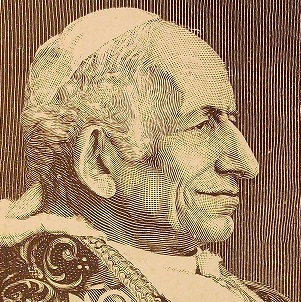
Tuesday Apr 10, 2018
Religious Liberty: A Right to Be Wrong? with Dr. Kent Lasnoski
Tuesday Apr 10, 2018
Tuesday Apr 10, 2018
The Edict of Milan signed by Emperors Constantine and Licinius in AD 313 granted the Roman people freedom to choose any religion they wished including previously outlawed Christianity. Then in 380, Theodosius outlawed everything except the Christianity.
And so it was for much of the sixteen-hundred years since Theodosius. Catholic Christianity was the state religion of every state in Europe and even after the rise of Protestantism, the formulation cuius regio, eius religio—“Whose Realm, his religion”—was the order of the day.
Religious freedom was still a new and novel idea when it became part of the US Constitution. And as the idea spread, it was also a controversial idea.
Dr. Kent Lasnoski has been leading Wyoming Catholic College seniors into the conversations about religious freedom in the Catholic Church and is our guest this week on The After Dinner Scholar.
Suggested Readings:
- Immortale Dei - Pope Leo XIII
- Libertas - Pope Leo XIII
- Dignitatis Humanae - Second Vatican Council
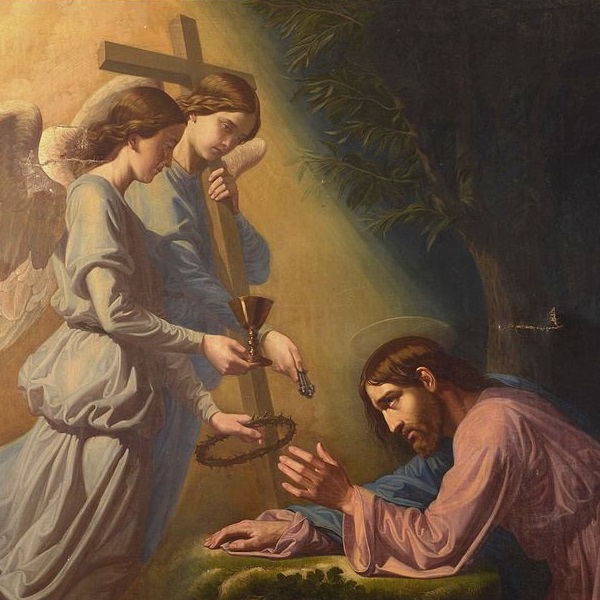
Monday Mar 26, 2018
Holy Week: "My Night Knows No Darkness" with Dr. Thaddeus Kozinski
Monday Mar 26, 2018
Monday Mar 26, 2018
In his sermon entitled “My Night Knows No Darkness,” twentieth century theologian Fr. Karl Rahner asked about Lent, “How is such a time relevant for us today with our many needs, our hopelessness with regard to this world, our bitter hearts, our sense that we would be willing to fast as long as it did not mean going hungry?”
In the sadness of modern life, why add more sadness and sober contemplation about our lives? What good does it do us? Why not jump to the joy of Easter and leave it at that?
Wyoming Catholic College Academic Dean and Associate Professor of Humanities and Philosophy Dr. Thaddeus Kozinski has been reflecting on Rahner’s sermon during this Lent and shares with us some insights during this Holy Week next on The After Dinner Scholar.
Fr. Rahner's sermon "My Night Knows No Darkness" (available here) will be among the readings at The Wyoming School of Catholic Thought, June 10-14 in Lander, Wyoming. Sign up today.
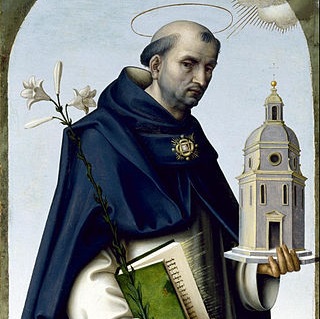
Tuesday Feb 20, 2018
Tuesday Feb 20, 2018
St. Thomas Aquinas is known primarily as a great thinker. And indeed his works still under gird a Catholic understanding of God and the world. But for St. Thomas, thinking, teaching and writing about Sacred Scripture, theology, and philosophy were never ends in themselves. His academic work—and indeed from his point of view all his work and rest—served a higher purpose.
That higher purpose animates St. Thomas' short work, “On the Perfection of the Spiritual Life.”
“Since certain persons, knowing nothing about perfection,” he began, “have presumed to speak follies concerning the state of perfection, our purpose is to treat of perfection: what it is to be perfect; how perfection is acquired; what is the state of perfection; and what befits those who take up this state.”
Theologian Dr. Kent Lasnoski has been working through “On the Perfection of the Spiritual Life with our Wyoming Catholic College seniors. Dr. Lasnoski is this week’s guest on The After Dinner Scholar.

